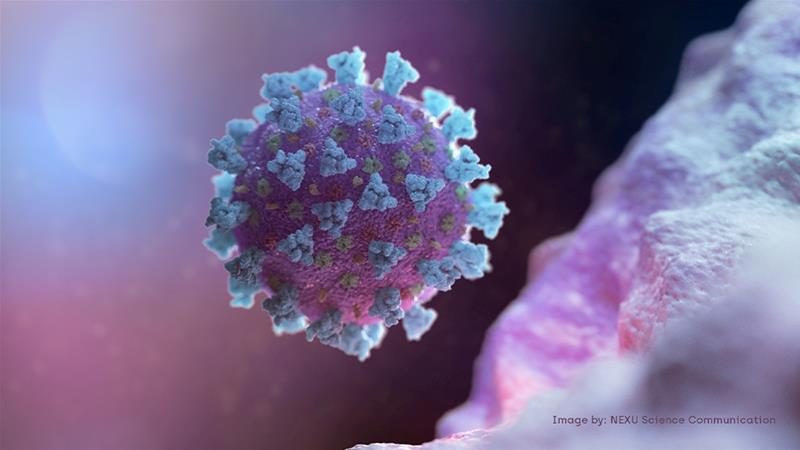US scientists say coronavirus dies fastest when it is exposed to direct sunlight, though a study cited has not yet been made public and awaits externa
US scientists say coronavirus dies fastest when it is exposed to direct sunlight, though a study cited has not yet been made public and awaits external evaluation.
William Bryan, science and technology adviser to the Department of Homeland Security, said that government scientists found ultraviolet rays had a potent impact on the pathogen, offering hope its spread may ease over the summer.
“The virus dies quickest in the presence of direct sunlight. Our most striking observation to date is the powerful effect that solar light appears to have on killing the virus – both surfaces and in the air. We’ve seen a similar effect with both temperature and humidity as well, where increasing the temperature and humidity or both is generally less favourable to the virus.”
It has long been known that ultraviolet light has a sterilising effect, because the radiation damages the virus’s genetic material and its ability to replicate. But coronavirus has also proven lethal in warm-weather places such as Singapore, Malaysia, and Thailand, raising broader questions about the impact of environmental factors.
Bryan warned it would be irresponsible to say the warmer summer months will eliminate the virus. But he said that time period would provide an opportunity to get ahead of the pandemic. The research cited by Bryan has not yet been released for review, making it difficult for independent experts to comment on how robust its methodology was.
A key question will be what the intensity and wavelength of the UV light used in the experiment was, and whether this accurately mimics natural light conditions in summer.
Past studies have not found reliable evidence that warmer temperatures and the higher humidity of spring and summer will help tamp down the spread of the virus.
